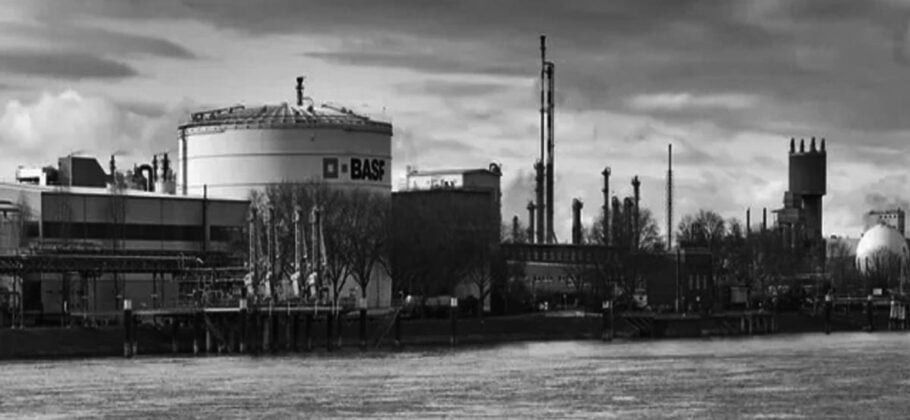Germany has long held a position of enviable prominence, its economic might underpinned by titans of manufacturing and innovation such as BASF. For over 150 years, BASF has not merely contributed to Germany’s industrial landscape; it has been one of its cornerstones, a beacon of progress on the banks of the Rhine. Yet, as shadows lengthen over Germany’s industrial heartlands, the announcement of BASF’s monumental $10 billion investment in a state-of-the-art complex not in its homeland but in China, some 9,000 kilometers away, emerges as a stark harbinger of a deepening crisis.
This pivot towards Asia marks a significant departure from tradition for BASF, which in its pursuit of the future, is paradoxically scaling back its roots in Germany. The closure of a fertilizer plant in Ludwigshafen among other facilities, leading to a stark cut of approximately 2,600 jobs, is a grim testament to the shifting sands under Germany’s industrial foundations. This malaise, however, is not confined to BASF alone but signals a pervasive atmosphere of decline that now shrouds the German economy. Once celebrated as the powerhouse of Europe, Germany finds itself ensnared in a recession, its future prospects dimmed by a veil of skepticism from both companies and consumers alike.
The origins of this economic downturn can be traced back to a toxic concoction of challenges that have long been brewing. High energy costs, a dire shortage of workers, and an entanglement of bureaucratic red tape have conspired to erode the competitiveness of Germany’s industrial sector. The situation has been further exacerbated by the geopolitical tremors following Russia’s aggression in Ukraine, which have sent energy prices spiraling and left German companies in a dire scramble for alternatives. Martin Brudermüller, BASF’s Chief Executive, lamented the dire state of affairs, revealing that the company suffered a loss of €130 million in Germany alone last year, underscoring a profitability crisis that casts a long shadow over the future of German industry.
The repercussions of this industrial retreat extend far beyond the immediate economic implications. As companies like BASF retract from their German bases, a broader narrative of deindustrialization unfolds, echoing the decline of once-thriving industrial regions like America’s Rust Belt or the UK’s Midlands. The fear is that Germany’s current predicament could precipitate a continental-scale downturn, with the potential to pull down the European economy in its wake.
At the heart of Germany’s industrial malaise is an existential crisis of innovation. The nation’s storied industrial segments, from chemicals to automobiles, are mired in technologies of the 19th century, struggling to adapt to a rapidly evolving global market. Germany’s vaunted “Made in Germany” label, once a byword for quality and innovation, now faces the specter of obsolescence as the country grapples with the daunting task of reinventing its industrial model for the 21st century.
The gravity of the situation is underscored by Germany’s declining position in the Global Innovation Index, where it ranks a disappointing eighth, trailing behind its European neighbors. The country’s inability to pivot towards future-oriented sectors poses a dire question: What will replace the traditional industries that have been the bedrock of the German economy? As Hans-Jürgen Völz, chief economist at BVMW, starkly puts it, “One sometimes hears about ‘creeping deindustrialization’ — well, it’s not just creeping anymore.”
This darkening horizon is not merely an economic concern but a looming social crisis. The erosion of Germany’s industrial base threatens to unravel the social fabric, with potentially dire consequences for the nation’s welfare state and the broader European Union. Germany’s industrial decline could drag down the economies of Central Europe, which have become intricately linked to its industrial machine. The specter of unemployment, social unrest, and political instability looms large, casting a pall over Germany’s future.
As BASF turns its gaze towards China, leaving behind the spaces it no longer needs in Ludwigshafen, the symbolic heart of Germany’s industrial might, the message is clear: Germany stands at a precipice. The departure of its industrial giants signals a profound transformation, one that demands urgent and bold action to avert a descent into economic and social turmoil. The question that now confronts Germany is not just about the future of its economy, but the very identity of a nation that has long prided itself on its industrial prowess. In this moment of reckoning, the path Germany chooses will determine not just its own destiny, but that of Europe as a whole.











